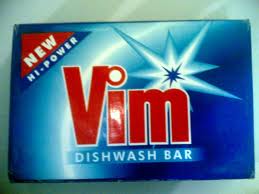user457812
user457812
user457812
user457812
user457812
user457812
user457812
user457812
user457812
user457812
user457812
user457812
user457812


